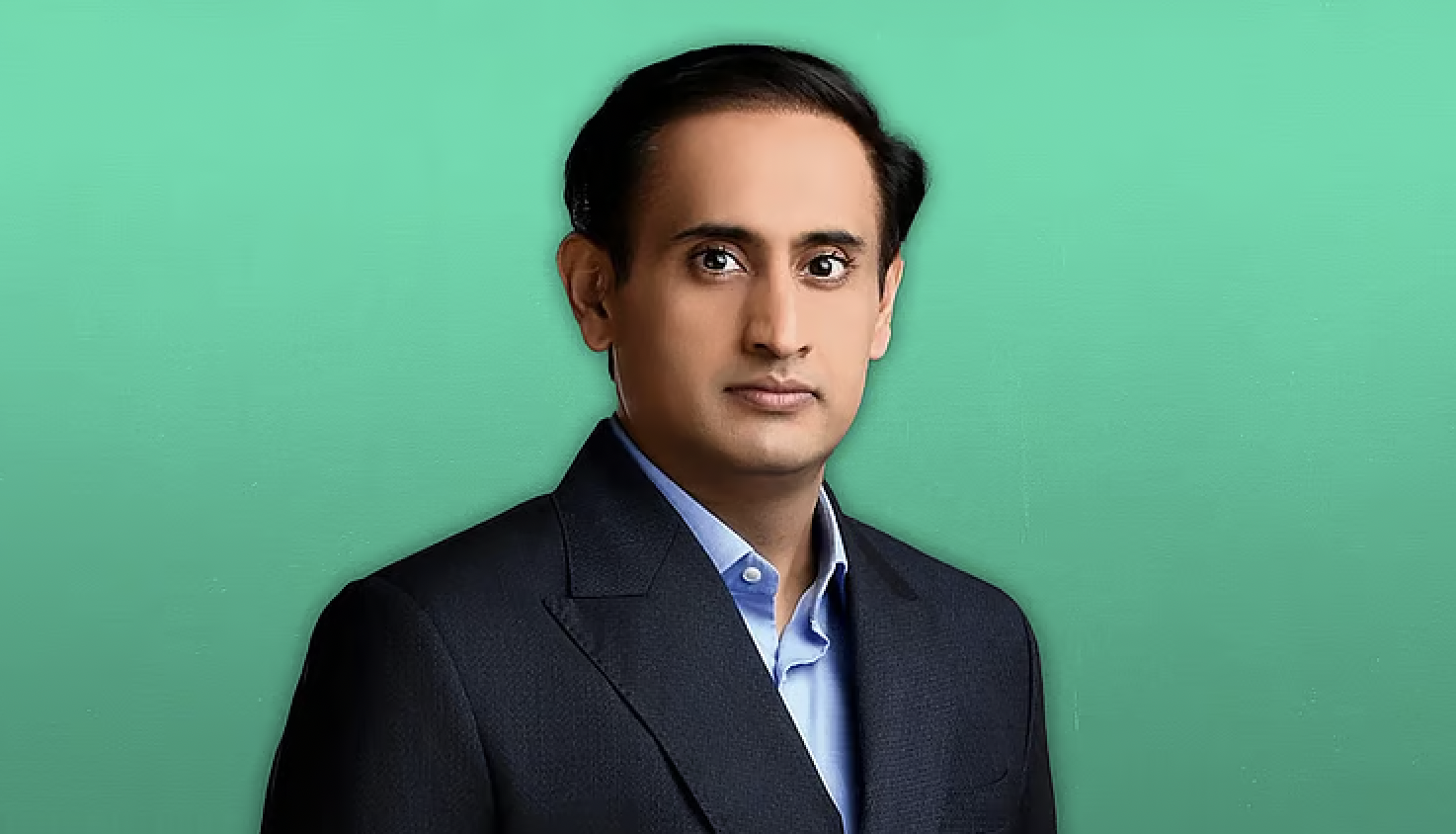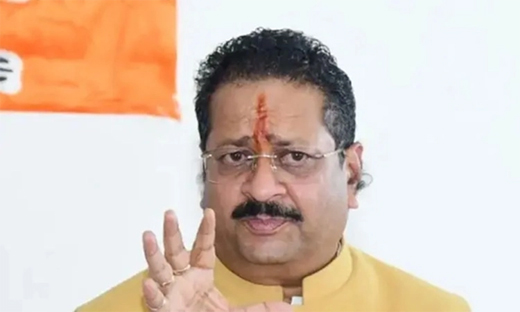
By KRITIKA GOEL
On completing 30 days of his government in Assam, Chief Minister Himanta Biswa Sarma on Thursday, 10 June, asked the Muslim community in the state to adopt measures for “family planning”.
Speaking at a press conference, Sarma said, “We want to work with the minority Muslim community to control the population. The root cause of issues, such as poverty and land encroachment, lie in uncontrolled population growth. I think we can put an end to a lot of social problems in Assam if the Muslim community adopts better family planning measures.”
He also added that his government will educate Muslim women to understand population control. [Note: The remarks can be heard at around 55-minute mark and 1-hour mark.]
Sarma’s statement requires a bit more context to understand why the chief minister’s comment picking on just one community is misleading and not backed by data.
In this article, we will look at the following data points to understand why Sarma’s statement requires additional context.
What is the total fertility rate (TFR) in the state and is it higher for Muslim women as compared to other communities?
What do the past trends indicate?
Is there evidence to support poor family planning particularly by the Muslim community in Assam?
What Is the Total Rate of Fertility in Assam?
Total rate of fertility (TFR) is defined as the average number of children a woman will have by the time she ends childbearing. As per the National Family Health Survey 5 (NFHS-5), released in December 2020, the fertility rate in Assam is 1.9 children per women, which is below the replacement rate of 2.1.
Replacement rate is the rate at which a population replaces itself from one generation to another, without migration.
The total fertility rate in Assam has been decreasing from 3.5 in 1992-1993 [NFHS-1] to 1.9 in 2019-2020 [NHFS-5].
Flourish logoA Flourish chart
And as per the findings of NFHS-5, “Muslim women [in Assam] have an average of 0.8 children more than Hindu women (a TFR of 2.4, compared with 1.6) and 0.9 children more than Christian women (1.5).”
However, even as the rate of fertility for Muslim women has been higher than Hindu women, the rate for both the communities has shown a downward trend over the years.
What Do the Past Trends Show?
As per NFHS-3, conducted between 2005-2006, the TFR for Muslim women in Assam was 3.6 children which was much higher than Hindu women which was at 2.0. Similarly, as per NFHS-4, Muslim women will have 1.1 children more than Hindu women (TFR of 2.9, compared with 1.8).
This declining trend is also noticed at a national level. As per the NFHS-3, the figure was 3.4 for Muslim women and 2.6 for Hindus which reduced to 2.6 for Muslim women in NFHS-4 and 2.1 for Hindu women.
Speaking to The Quint over an email exchange, Alok Vajpeyi, Joint Director, Population Foundation of India (PFI), said:
“The total fertility rate (TFR) is declining in all religious groups, including that amongst the Muslim women. Any differential in TFR amongst social or religious groups is due to variation in their education and income levels.”
Alok Vajpei, Joint Director, Population Foundation of India
He explained that Assam’s TFR is well below 2.1, which is the replacement level and it should be maintained and a further decline in the fertility rate will “lead to aging and dependent population, blocking development opportunities in the state”.
“What Assam needs to focus on is delaying the age of marriage and retain girls in schools. Approximately 32 percent women in Assam were married before the age of 18 years. The high percentage of child marriage in Assam is a matter of concern,” he added.
Aman Wadud, a lawyer in Guwahati, too said that the socio-economic indicators need to be considered because they have an impact on fertility more than religion.
“The government needs to work on education and health infrastructure and eradicate poverty. Targeting religion won’t help.”
Aman Wadud, Lawyer
The NFHS-5 data shows that the level of education also has an impact on the number of children they give birth too. For instance, women in Assam with no schooling have an average of 0.8 more children (TFR 2.3) than women with 12 or more years of schooling (TFR 1.5).
Abdul Mannan, former professor of statistics at Gauhati University and author of ‘Infiltration: Genesis of Assam Movement’, too, says that the number of children among people living in marginalised areas, remote areas, and other distress conditions is higher. He says that this is irrespective of religion and can be changed with social awareness.
While Sarma pointed out that Muslim women should adopt better family measures, here is a look at some other indicators such as contraceptive measures adopted by women and unmet needs for family planning.
Poor Family Planning Among Muslims in Assam?
We looked at the data of ‘use of contraceptive’ and ‘unmet needs’ for the community to see if there is lack of family planning within the Muslim community particularly.
As per NFHS-5, the use of modern contraceptive is highest among married Muslim women at 49.6 percent as against Hindu women which is at 42.8 percent and Christian women which stands at 45.7 percent.
Even NFHS-4 shows that the use of modern contraceptive is higher among Muslim women (37.3 percent) when compared to Hindus (36.7) but slightly lower when compared to Christian women (38.7).
Secondly, the unmet need – when a woman is sexually active, is not using any method of contraception but doesn’t want any more children or want to delay the next child – among the Muslim women (12.2 percent) in Assam is higher than Hindus (10.3 percent) or Christians (10.2 percent).
Explaining this Vajpeyi says:
“This shows that men and women want smaller families. However, their need for family planning is not met. The state needs to expand the basket of contraceptive choices, especially Long Acting Reversible Contraceptives (LARC), which are critical in view of our large population of adolescents and youth and also make them available upto last mile.”
Alok Vajpei, Joint Director, Population Foundation of India
He added that providing better quality heathcare will lead to improved health as well as improve educational outcomes.
As pointed out above, Sarma’s statement omits this context and selectively points out that “Muslim women need better family planning”.
This story was first appeared on thequint.com






